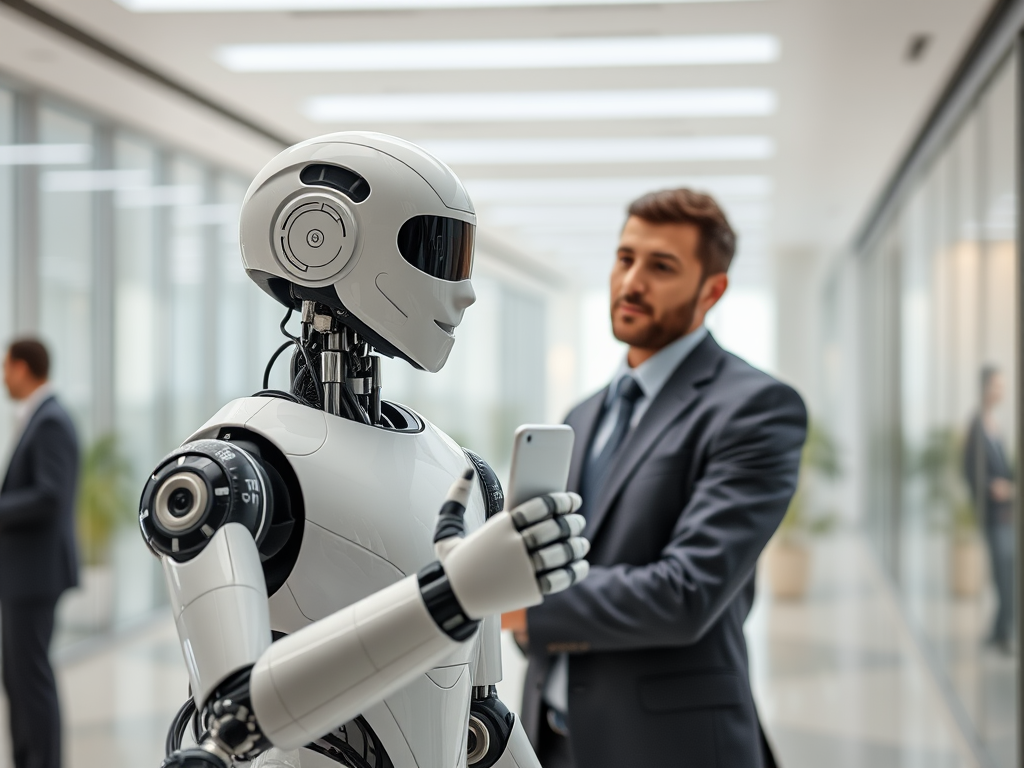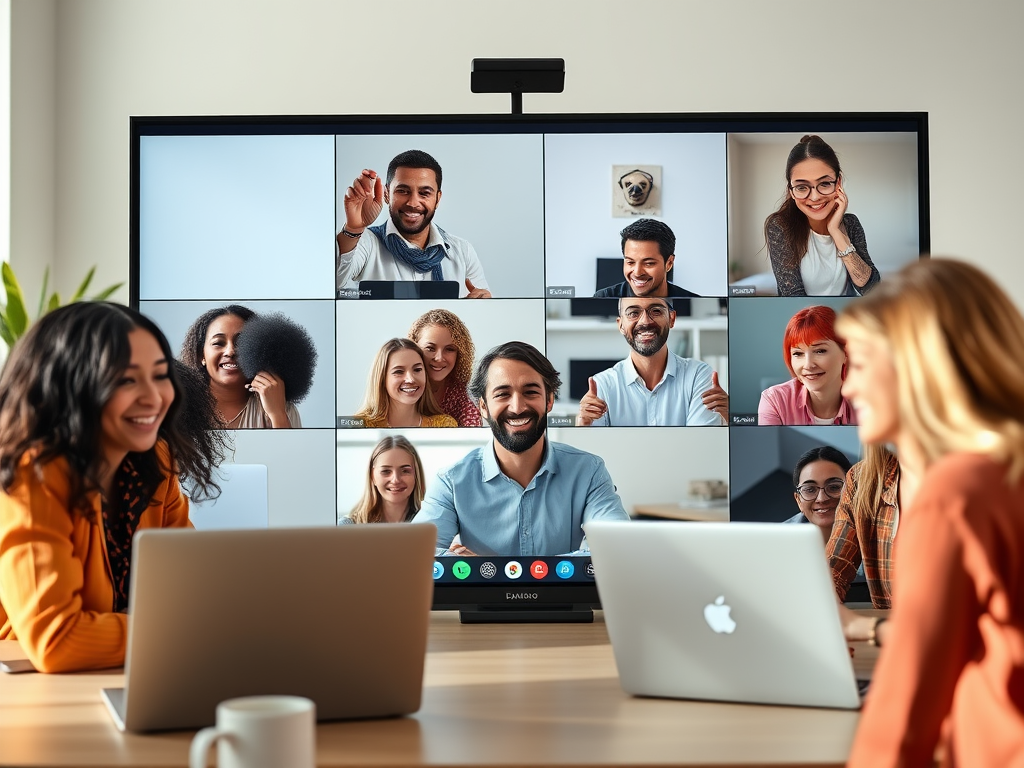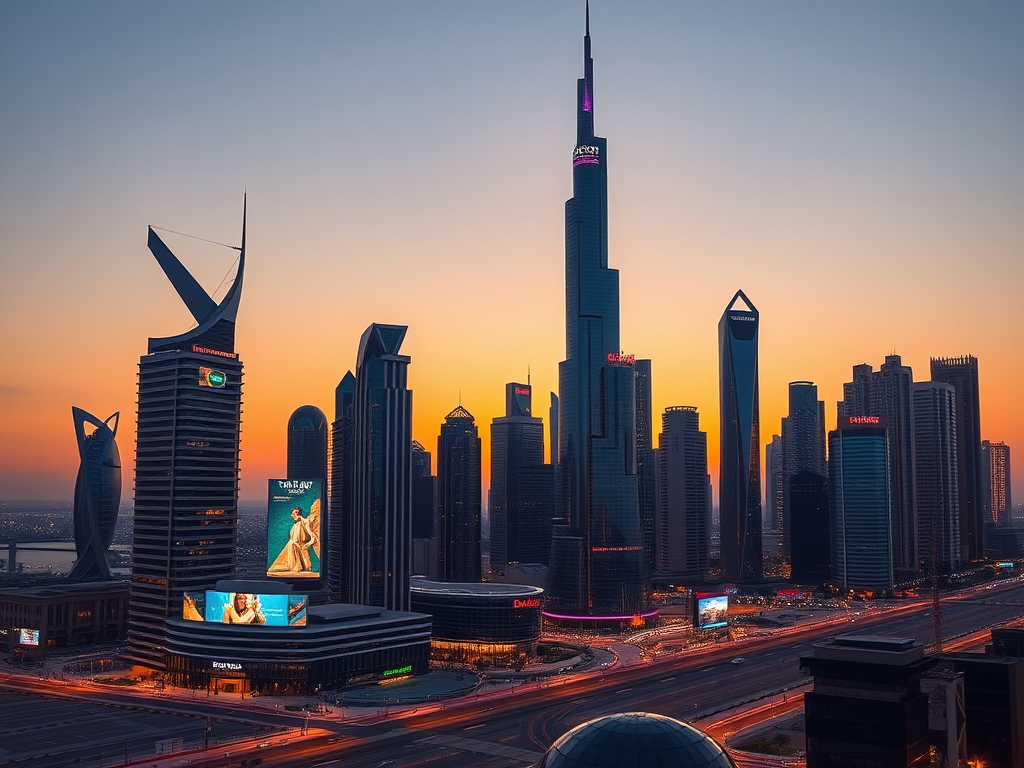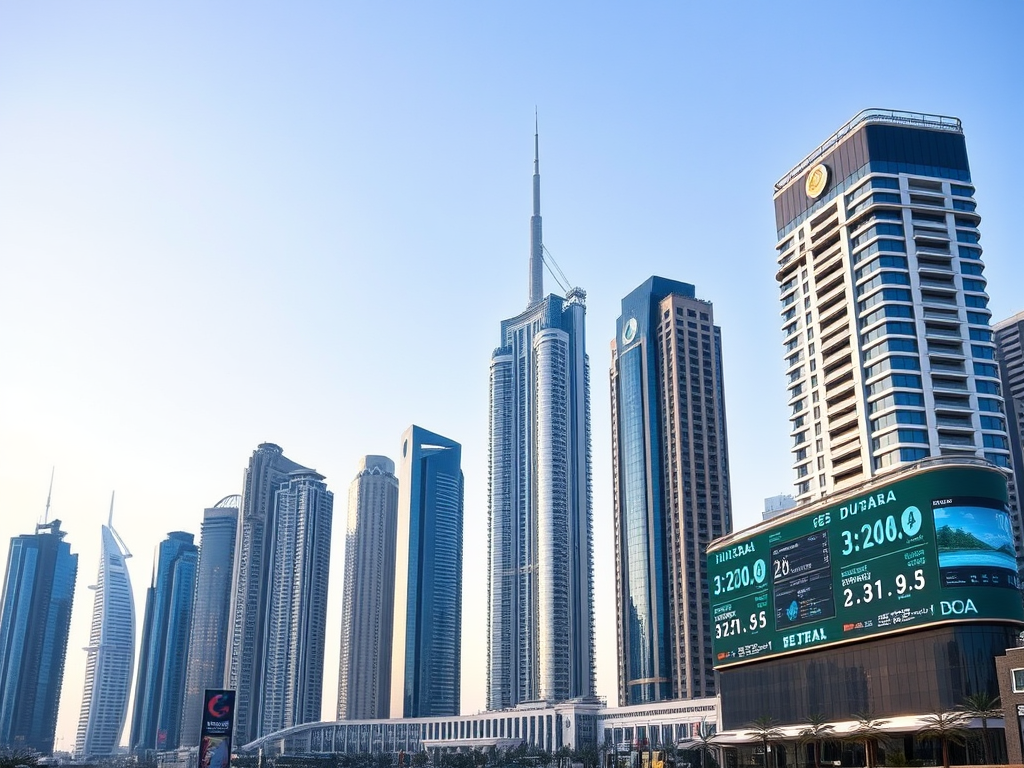
The digital twin technology market in Dubai has experienced remarkable growth in recent years, driven by the city’s ambition to become a global technology hub and its smart city initiatives. A digital twin allows for the creation of virtual representations of physical entities, providing real-time data insights and facilitating improved decision-making. As Dubai embraces this innovative technology, various sectors are capitalizing on its potential, paving the way for smarter urban living and streamlined operations. This article explores the factors contributing to the growth of Dubai’s digital twin technology market, key applications, challenges, and future prospects for development.
Factors Driving Growth in Dubai’s Digital Twin Market
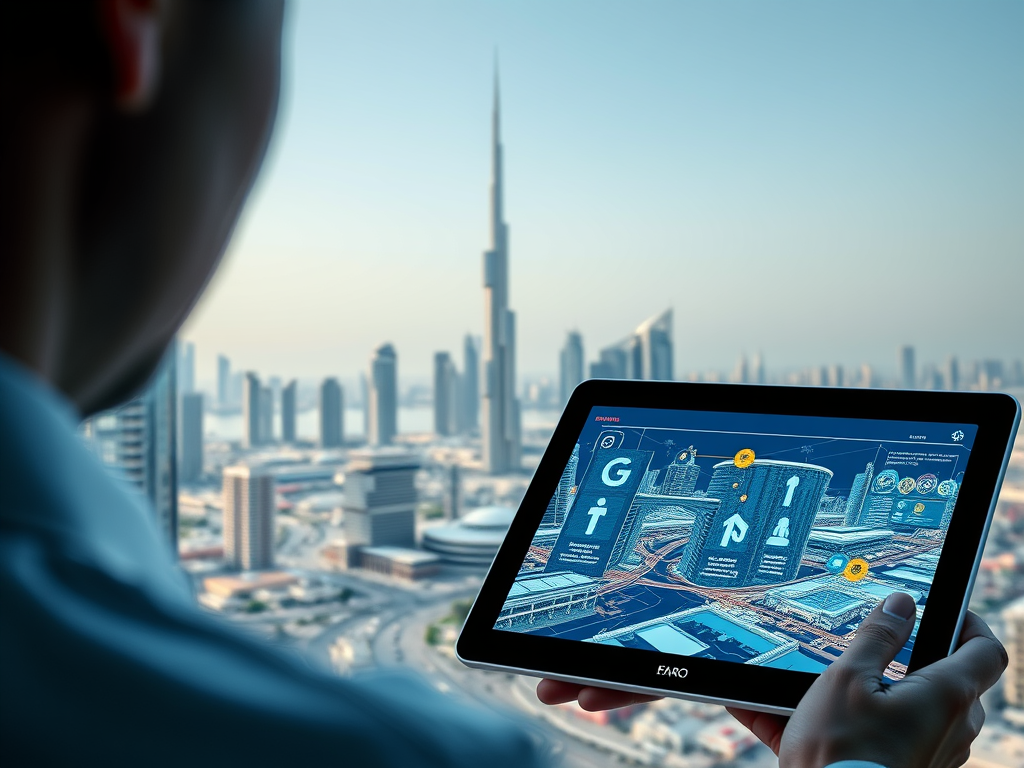
Several factors are propelling the growth of digital twin technology in Dubai. The city’s strategic location as a trade and logistics hub provides a fertile ground for technology adoption across various sectors. Furthermore, the UAE government’s commitment to innovation is evident through initiatives like the Dubai Smart City program, which aims to enhance urban life through digital solutions. Additionally, the rapid urbanization of Dubai, characterized by an influx of population and increased infrastructure development, propels the demand for efficient urban planning tools.
Moreover, the growing interest in sustainable development plays a crucial role in this evolution. Digital twins enable city planners to analyze environmental impacts and optimize resource allocation effectively. By simulating scenarios, stakeholders can make informed decisions that contribute to sustainable urban ecosystems. The collaborative efforts among government entities, private sectors, and academia to promote research and development further stimulate the market’s expansion.
Key Applications of Digital Twin Technology
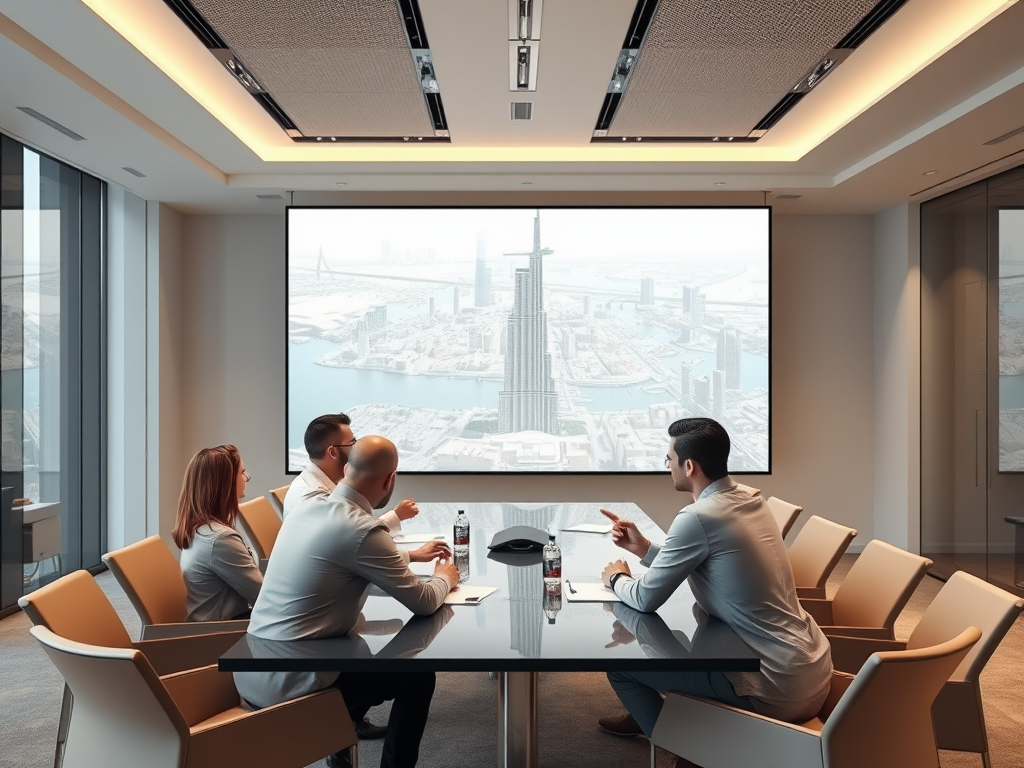
Dubai’s digital twin technology finds applications across various sectors, enhancing efficiency and innovation. Here are some of the key areas where digital twins are making a substantial impact:
- Urban Planning: Digital twins provide a comprehensive view of urban landscapes that help city planners visualize projects, simulate developments, and test the impact of changes before execution.
- Transportation Management: The technology aids in optimizing traffic flow, reducing congestion, and enhancing public transportation systems through simulation and predictive analytics.
- Real Estate Development: Developers use digital twins to analyze property performance and market trends, aiding in project viability assessments and optimizing building design.
- Utilities Management: Digital twins facilitate real-time monitoring of utility networks, improving reliability and aiding predictive maintenance.
- Healthcare: Hospitals in Dubai implement digital twins to streamline patient care and manage resources more effectively.
Despite the promising growth, Dubai’s digital twin technology market faces several challenges that need to be addressed. First and foremost is the issue of data security and privacy. As digital twins rely heavily on real-time data collection, ensuring the protection of sensitive information becomes paramount. Stakeholders must navigate the complexities of data governance to foster public trust in these technologies.
Additionally, the integration of digital twins with existing platforms and systems can be daunting. Organizations may struggle with siloed data sources, which complicates collaboration and diminishes the effectiveness of technology. Furthermore, the lack of skilled personnel trained in digital twin technology poses a significant barrier to widespread implementation.
Finally, the rapid pace of technological advancement entails that stakeholders remain agile and adaptive to stay current with innovations. Failure to do so could lead to obsolescence in a competitive market. Addressing these challenges head-on will be critical to unlocking the full potential of digital twins in Dubai.
Future Prospects for Digital Twin Technology
The future of Dubai’s digital twin technology market appears bright, with significant advancements anticipated in several areas. As venture capital investment in tech continues to rise, innovative startups are likely to emerge, focusing on niche applications of digital twin technology. Furthermore, educational institutions in Dubai aim to enhance training programs to equip the workforce with necessary skills, thus addressing the talent gap in this burgeoning field.
Moreover, partnerships across public and private sectors will foster a collaborative ecosystem conducive to research and experimentation. As industries begin to recognize the importance of sustainability, digital twin technology is expected to play an integral role in driving eco-friendly solutions. Overall, developments in artificial intelligence and machine learning will enhance the capabilities of digital twins, resulting in smarter applications and deeper insights.
Итог
In conclusion, the growth of Dubai’s digital twin technology market is a testament to its potential for transforming urban environments and enhancing operational efficiency across various sectors. With the supportive governmental initiatives, technological advancements, and a commitment to sustainability, stakeholders are well-positioned to leverage digital twin technology’s benefits. As challenges persist, proactive strategies, collaboration, and continuous innovation will be essential in shaping the future trajectory of this dynamic market.
Часто задаваемые вопросы
Q1: What is digital twin technology?
A1: Digital twin technology involves creating virtual replicas of physical entities or systems that simulate their operation, enabling real-time data analysis and insights.
Q2: How does digital twin technology benefit urban planning?
A2: It assists city planners in visualizing developments, simulating various scenarios, and making data-driven decisions that improve urban living and sustainability.
Q3: What challenges does the digital twin market face in Dubai?
A3: Key challenges include data security, integration with existing systems, talent shortages, and the need to keep pace with rapid technological advancements.
Q4: Which sectors in Dubai are adopting digital twin technology?
A4: Key sectors include urban planning, transportation, real estate, utilities management, and healthcare, each leveraging digital twins for improved efficiency.
Q5: What does the future hold for digital twin technology in Dubai?
A5: The future looks promising, with anticipated advancements in technology, increased investment, enhanced training programs, and innovative collaborations across sectors.
